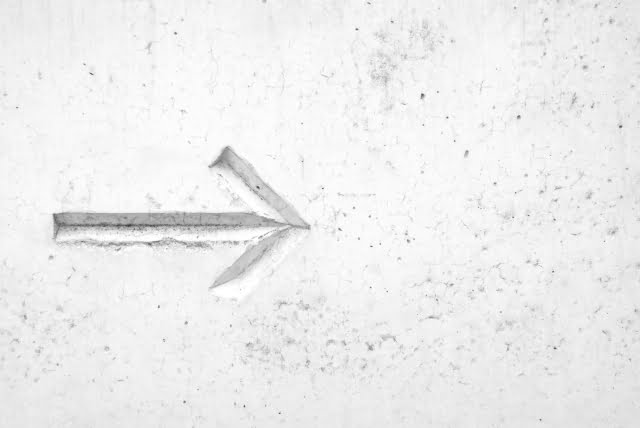Tag: Academics
%22%20transform%3D%22matrix(2.5%200%200%202.5%201.3%201.3)%22%20fill-opacity%3D%22.5%22%3E%3Cellipse%20fill%3D%22%23fff%22%20rx%3D%221%22%20ry%3D%221%22%20transform%3D%22matrix(83.785%2038.00656%20-18.361%2040.4766%20129.5%2040.2)%22%2F%3E%3Cellipse%20fill%3D%22%23fff%22%20cx%3D%2214%22%20cy%3D%2226%22%20rx%3D%22182%22%20ry%3D%2231%22%2F%3E%3Cellipse%20fill%3D%22%23d6d6d6%22%20cx%3D%2267%22%20cy%3D%22127%22%20rx%3D%2277%22%20ry%3D%2277%22%2F%3E%3Cellipse%20fill%3D%22%23d6d6d6%22%20rx%3D%221%22%20ry%3D%221%22%20transform%3D%22matrix(99.77046%20-223.03965%2039.58754%2017.70836%20231.9%20117.4)%22%2F%3E%3C%2Fg%3E%3C%2Fsvg%3E)
You Need to Know What’s Essential
There’s no one-size-fits all solution to avoiding overwhelm. But a central question you need to ask is “What’s essential?”
Daily Gleanings: Ros Barber (13 August 2019)
Freedom interviews Ros Barber on how to nurture the focus necessary for academic and creative writing.
